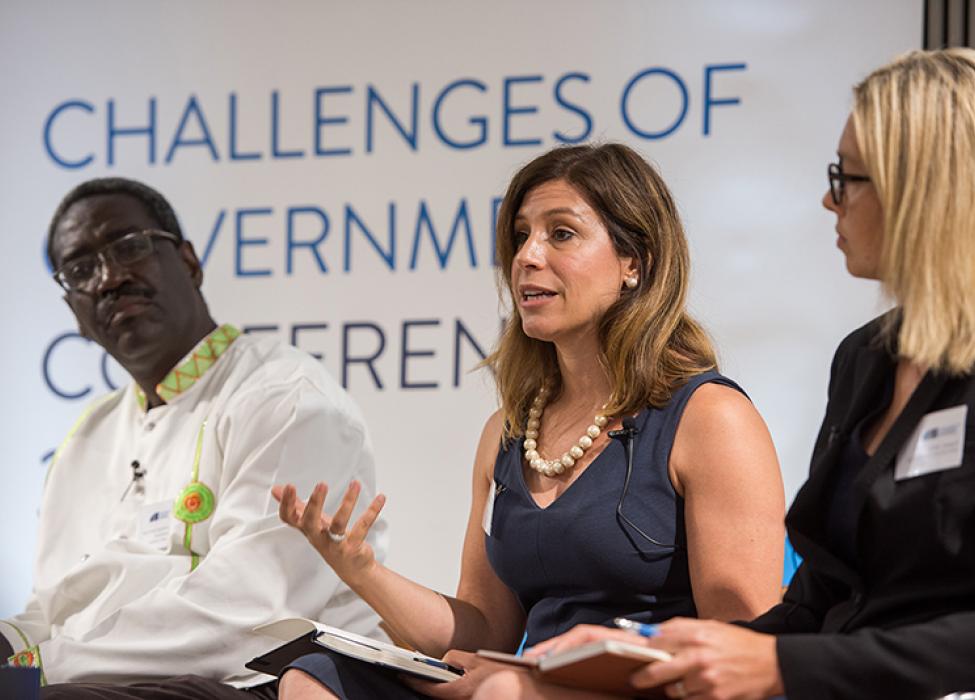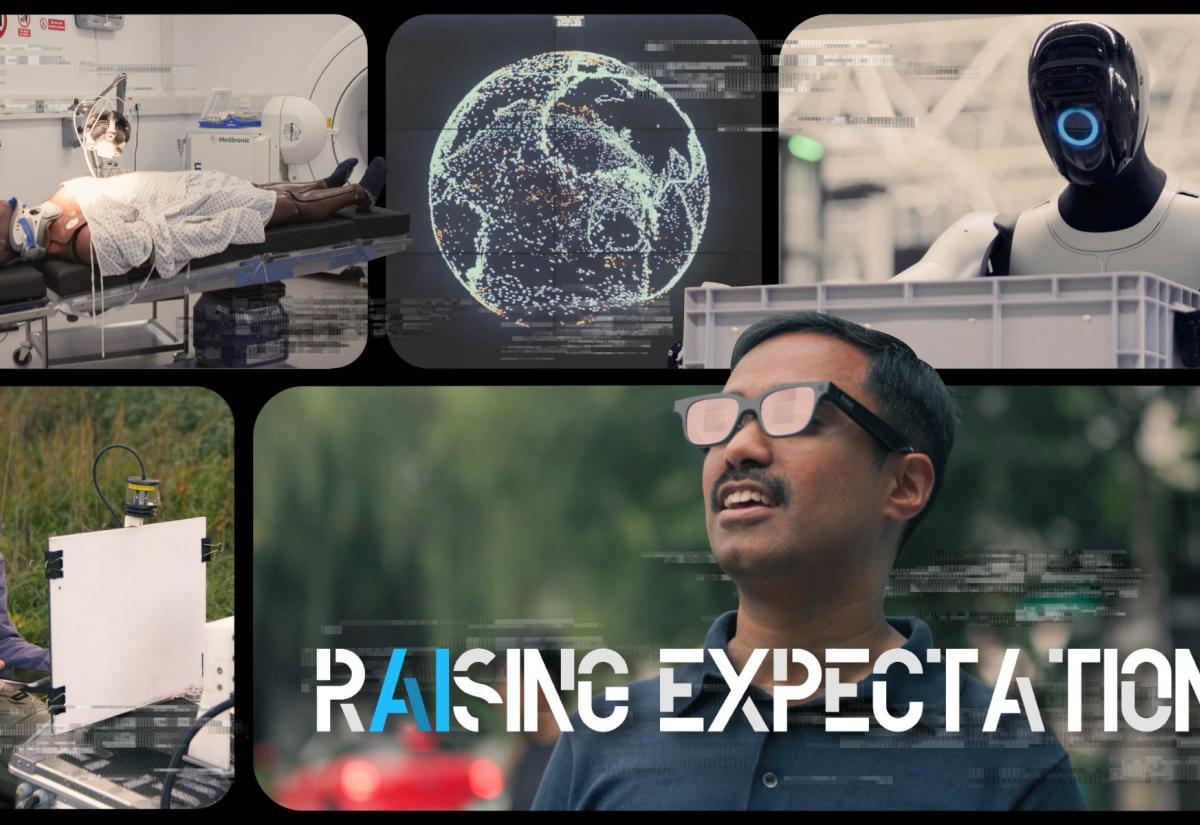
Image credit: John Cairns
On 19-20 June, we opened our doors for the sixth annual Challenges of Government Conference. The School was a hive of activity, hosting an exciting range of sessions based on the theme of ‘Bridging the Gap’, designed to find solutions to the widening rift between citizens and the governing ‘elites’. With politics in tumult across the world, and electorates increasingly frustrated by their leadership, the Conference tackled some of the most pressing public policy issues of the day.
As always, the two-day Challenges of Government Conference brought together a highly international and diverse group of delegates, and provided them with a platform for exchanging ideas to improve government globally. Speakers and panellists included senior public and private sector leaders, world-class academics and civil society practitioners. The Conference was free to attend and open to all, and we were delighted to welcome over 300 delegates, all bringing their individual experiences and expertise.
The first day kicked off with ‘Bridging the economic gap’, which looked into ways of fixing capitalism. The session centred on a panel discussion with Professor Archon Fung, Ford Foundation Professor of Democracy and Citizenship, Harvard Kennedy School, and Arlie Hochschild, Professor Emerita, University of California. The day ended with two politics parallel sessions, on the topics of ‘Inclusive nationalism and narratives of citizenship’ and ‘Engaging citizens through political communication’. Panellists included Patrick O’Flynn of the UK Independence Party, and Dr Damian Tambini, Research Director of the Department of Media and Communications at LSE.
One of the highlights of the second day was the plenary, ‘What are the next steps toward making societies more resilient and trusting’. Frank Mattern, Senior Partner at McKinsey & Company, gave a moving yet balanced account of the challenges and successes experienced in Germany when dealing with the refugee crisis. Mr Mattern described how citizens and government officials had taken action to ensure that people were given shelter and integrated into society. In this session, Senator Russell Feingold offered his insights into citizen disillusionment with politics, with a focus on the need for cross-party cooperation and engagement by government with people on a day-to-day basis.
The Conference proved that while doing the right thing is not always convenient and comfortable, many people – whether citizens, lawyers or policymakers – are creating positive change across the globe. This was emphasised by our dean, Professor Ngaire Woods, in her closing remarks. Professor Woods also commented on the importance of proximity when dealing with challenges on a large scale, stating that policymakers should see the results of their hard work, rather than being isolated from the people they serve. This is essential for inspiration and morale. Related to this idea, a final lesson drawn from the Conference was that small things matter, be it punctuality or behaviour, even when tackling global issues.
We hope that participants enjoyed the discussion and exchange as much as we enjoyed facilitating it. For those who didn’t make it to Oxford, the sessions are available to watch online and a photo gallery can be viewed here.



